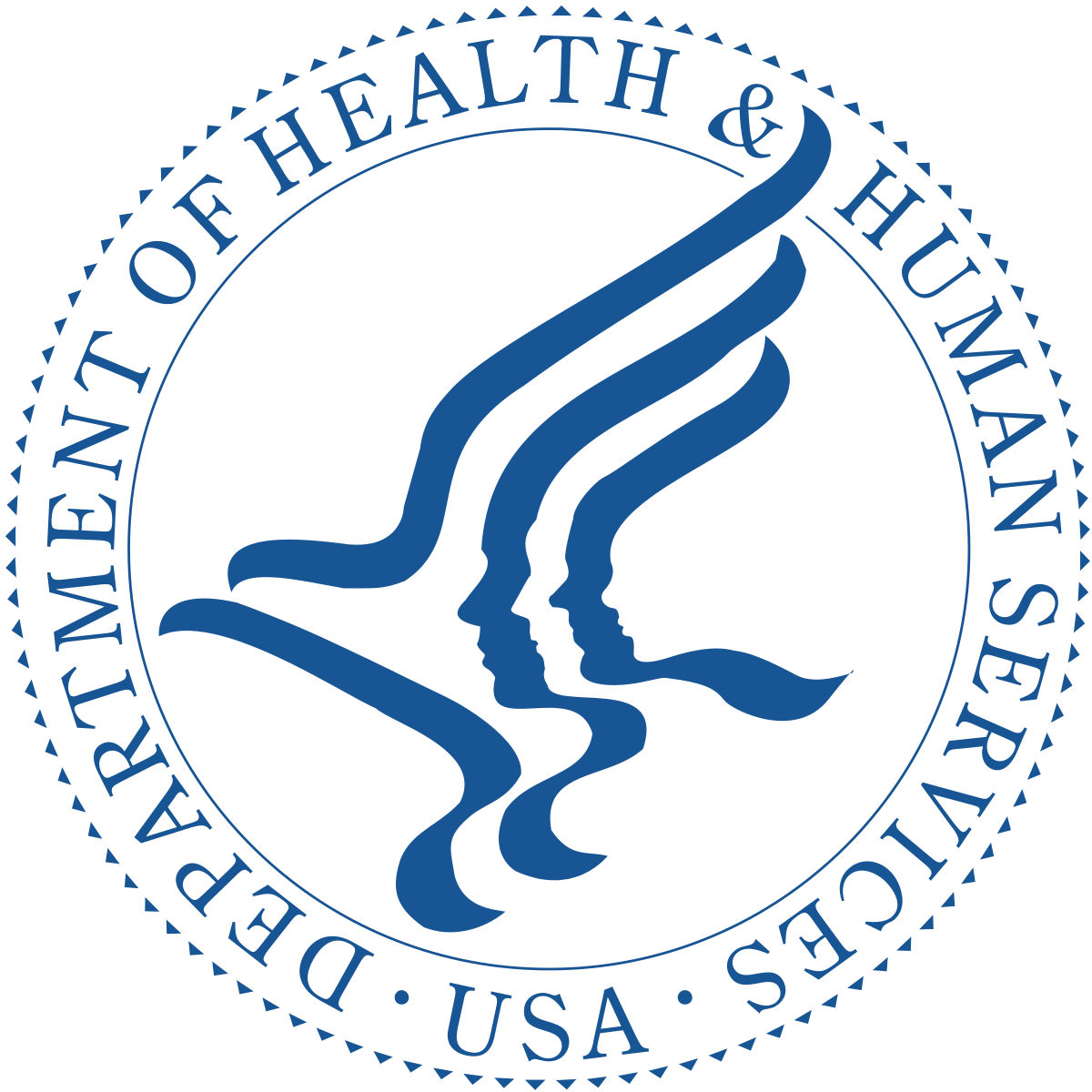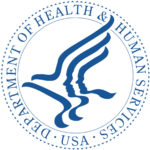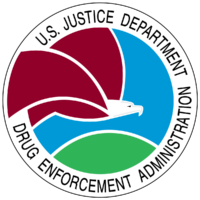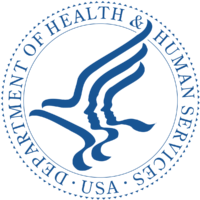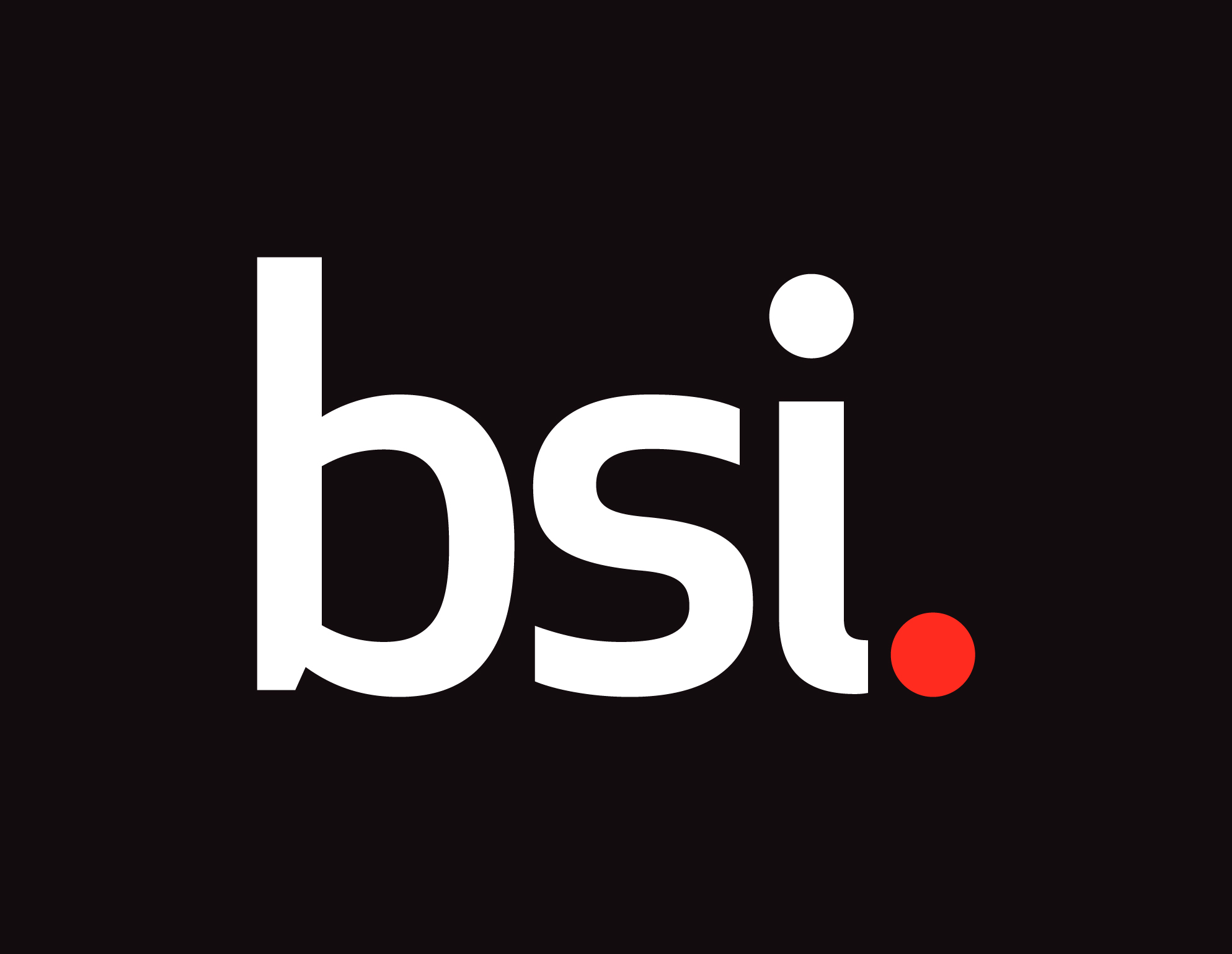Well before cannabis businesses win a license application, they need to have traditional business plans outlining how they’ll run the company. While this obviously includes things like the property, the building, products and inventory, it also includes a lot of things that are often overlooked: things like payroll, human resources and employee management.
Before a cannabis company should even hire their first employee, they need to have a few thing squared away. The timeframe and order of operations will differ for every business and every state, but there are a number of things to consider like workers comp, employee training, handbooks and of course, everyone’s favorite topic: insurance. There’s crop insurance, general liability insurance, unemployment insurance, workers comp insurance and more. Working with the right brokers, not breaking the bank and understanding what you need and when can be crucial to keeping the doors open.
Ahead of the Cannabis Quality Conference, we sit down with Nick Murer, the founder of WECO, to ask him some questions about what businesses need to know and when. Nick will be available at the event in New Jersey this October 17 and 18 during our “Ask the Expert Roundtables” to answer these questions and much more.
Cannabis Industry Journal: Does a company need to have workers comp and unemployment insurance before they’re licensed?
Nick Murer: They don’t need to have it figured out before they’re licensed, but they should want to have a strategy in place as they’re going through the process, knowing what they need to accomplish. There are some cases where states may require insurance upfront in the licensing process, but not always. It is however required before a business opens their doors, and absolutely necessary to have insurance before staffing and their first employees comes on board.
CIJ: What types of insurance should companies look into as they’re submitting our license application?
Nick: As you’re submitting your license application, you should have it figured out or at least speak with a broker about your options. You probably don’t have it yet, since you’re not an entity, but you’ll need general liability insurance, and if you’re a grower, you should have crop insurance too. Prior to opening, you should have your workers comp insurance, unemployment insurance, FICA, SUTA and FUTA figured out with the state. Prior to licensing, you need to make sure you are working with the right insurance broker and managing the cost aspect. We can help with that; we work with a couple of great brokers that are industry-specific. As folks go through the licensing process, it’s important to work with people like us that have the right resources and the right tools to provide that necessary support.
Nick Murer will be available at the CQC in New Jersey, October 16-18 to answer questions and provide a resource for new and existing businessesDuring the application process, you need to be aware of insurance and the options that are available, as well as what’s required, but you might not need to have all of those in place. It’s different for every state.
CIJ: What important parts of human resources and employee management should companies have figured out before they get licensed?
Nick: I think the first area they need to start with is making sure they have their workers comp set up, their GL [general liability insurance] set up, I think they should have their employee handbook figured out, their onboarding procedures, their strategies for discontinuing employment figured out prior to bringing them on. Where we come in and assist with that is making sure that these businesses are properly set up with the state to handle workers comp, unemployment insurance, their FICA, FUTA and SUTA, social security taxes, healthcare benefits and being able to deploy all of that within thirty days properly. We work with a lot of clients making sure they have their onboarding programs fully figured out before they take that leap.
CIJ: As cannabis companies get licensed and begin operating, what are some often overlooked HR functions?
Nick: I think the number one area they need to understand in their hiring process prior to bringing people on is really having a thorough, compliant handbook that they’ve also participated in, and have worked towards creating a better document so when these employees come on they know the expectations and the standards that need to be met in order to be a successful member of the team. I think their employment onboarding practices need to be dialed in where they understand what is going on between the onboarding, timing, the documentation needed all before effective start date to stay in compliance. Understanding labor compliance and being able to understand how you properly onboard and offboard an employee is a really critical part. Where we like to come in and assist our clients is helping train managers and being their resource. Everyone works with humans and there are always unforeseen problems that arise We’re in the people business and there will be people problems and mitigating those should be everyone’s number one priority. The more we can help protect cannabis businesses, the less risk they bring to their own company, people and the industry.



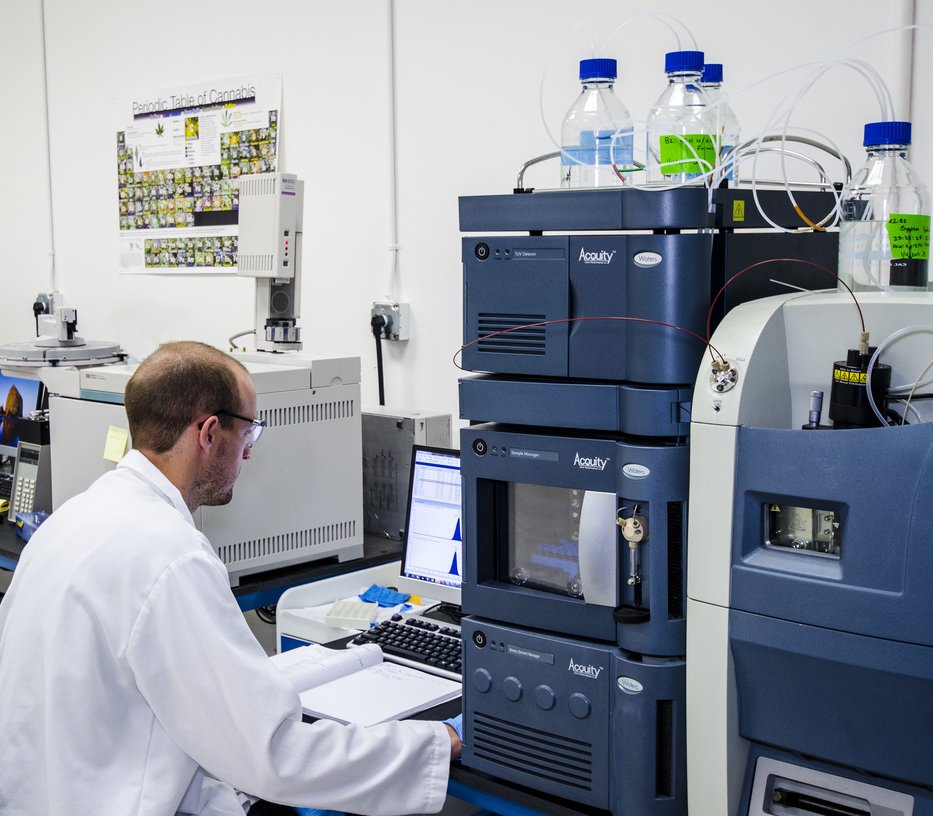

 Also in the Northeast,
Also in the Northeast, 